Op-Ed: Responding to climate change effectively
Responding to climate change effectively
By Tyler Cooper and Andrew Sandstrom
Tyler Cooper (Vice-President of the Utah Valley University College Republicans) and Andrew Sandstrom (YCCD Regional Director and fmr. President of the BYU College Republicans) are out with a new op-ed in this week in the Daily Herald.
In the piece, they drill down on the question of which climate policies will actually work. While the left often measures success by how many trillions they can spend on government programs, conservatives know we need solutions that balance a cleaner environment with a strong economy.
As Cooper and Sandstrom write:
Which policies are most effective?
The best policies protect America against the worst possible environmental and economic outcomes. As Jonathan Adler, professor at Case Western Reserve University, has often explained, managing climate risk is like purchasing an insurance policy: guard against an uncertain future, but get the premiums as low as possible. The goal is to minimize total costs for American families — that includes the costs of climate change and the costs of the policies themselves.
Thinking about climate action this way exposes many climate initiatives as ineffective or fanciful, like the Green New Deal, which uses environmental rhetoric as a mask for more radical economic goals.
As they continue:
But there are proposals that pass the economic-costs test. Among these is the Baker-Shultz Carbon Dividends framework that several College Republican leaders from both BYU and UVU endorse. Despite America’s bitterly-polarized political landscape, there is a virtual consensus among economists on the merits of this policy approach. That solidarity is possible because independent organizationshave modeled the costs and benefits of this plan — both for the climate and the economy — and confirmed its effectiveness, time and again.


